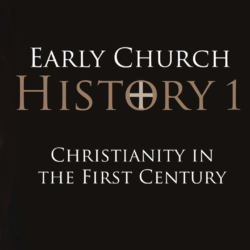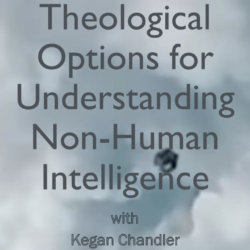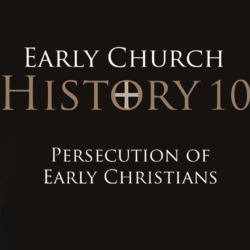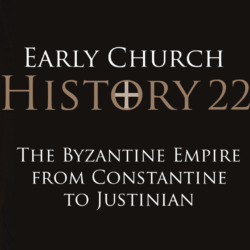To provide the best experiences, we use technologies like cookies to store and/or access device information. Consenting to these technologies will allow us to process data such as browsing behavior or unique IDs on this site. Not consenting or withdrawing consent, may adversely affect certain features and functions.
The technical storage or access is strictly necessary for the legitimate purpose of enabling the use of a specific service explicitly requested by the subscriber or user, or for the sole purpose of carrying out the transmission of a communication over an electronic communications network.
The technical storage or access is necessary for the legitimate purpose of storing preferences that are not requested by the subscriber or user.
The technical storage or access that is used exclusively for statistical purposes.
The technical storage or access that is used exclusively for anonymous statistical purposes. Without a subpoena, voluntary compliance on the part of your Internet Service Provider, or additional records from a third party, information stored or retrieved for this purpose alone cannot usually be used to identify you.
The technical storage or access is required to create user profiles to send advertising, or to track the user on a website or across several websites for similar marketing purposes.







—— Notes ——
Definitions
at-one-ment: bringing together God and humanity through the death of Christ
justify: to make just, right; to declare free from blame
reconcile: reestablish a close relationship between those who are not unified
sanctify: to make holy (pertains to how you live)
1. He died for our sins
1 Cor 15.3-4 Christ died for our sins in accordance w/ the scriptures
1 Cor 11.23-26 communion memorializes his death (bread is body which is broken for us)
2 Cor 5.17-21: if anyone is in Christ he is a new creation. God reconciled us to himself through Christ, not counting our trespasses against us. For our sake God made Jesus to be sin so that in him we might become the righteousness of God.
Rom 3.23-26: We are justified by grace (as a gift) through the redemption in Christ Jesus whom God put forward as propitiation by his blood. In this God demonstrated his righteousness because he had passed over previously committed sin and in such a way God is righteous and the one who makes those who have faith in Jesus righteous (justified) as well.
2. He died to defeat evil
3. His death provides us with an example
4. His death frees us to live righteously (sanctification)
5. His death brings us into relationship with God
6. His death fulfilled the law’s requirement
7. His death expresses God’s/Christ’s love
8. He died so we could have eternal life
[1] Zch 13.7 (quoted in Mt 26.31; Mk 14.27); Zch 11.12-13 (quoted in Mt 27.9-10); Ps 22.8 (quoted in Mt 27.43); Ps 22.1 (quoted in Mt 27.46; Mk 15.34); Is 53.12 (quoted in Lk 22.37); Ps 31.5 (quoted in Lk 23.46); Ps 22.18 (quoted in Jn 19.34); Ex 12.46 or Nm 9.12 or Ps 34.20 (quoted in Jn 19.36); Zch 12.10 (quoted in Jn 19.37).
—— Links ——